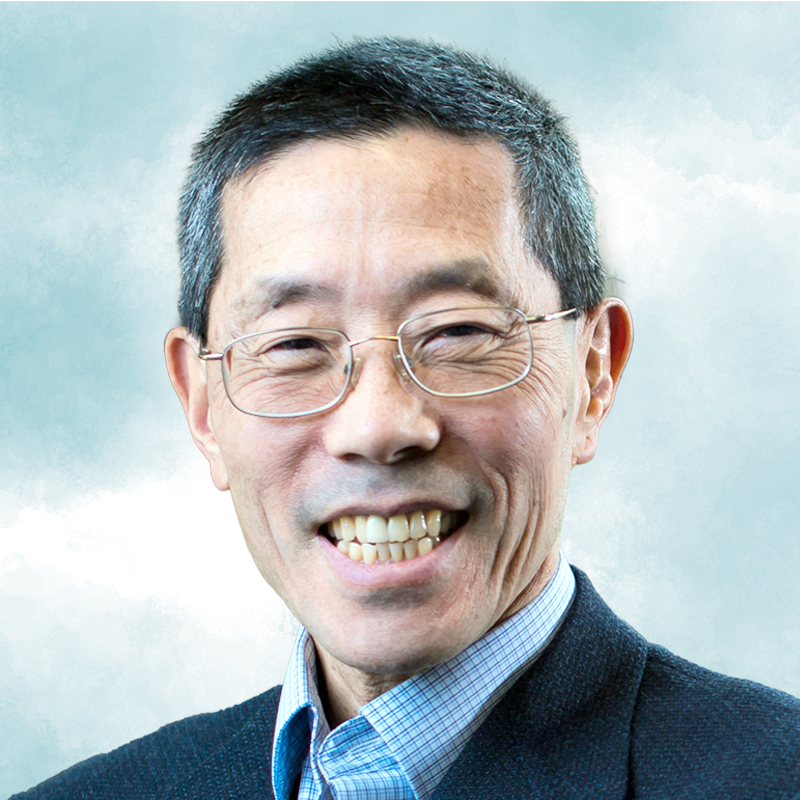Yet-Ming Chiang is a professor in the Department of Materials Science and Engineering at Massachusetts Institute of Technology (MIT), a co-founder of energy-storage company Form Energy, and a co-founder of Sublime Systems, a leader in creating carbon-free cement that is scaling up to commercial production.
What is the single most important action you think the public, or a specific company or government, needs to take in the next year to advance the climate agenda?
We need to start scaling some of the decarbonization technologies that have been in the pipeline. When it comes to cleantech, if it won’t scale, it doesn’t matter. This is a team sport—companies large and small, and governments state and federal, need to work together to get these new technologies out there where they can have impact.
What is a climate technology that isn’t getting the attention or funding it deserves?
Emissions from industrial production tend to be behind the curtain to the general public, and don’t get much visibility. But 30% of greenhouse gas emissions comes from industry, and half of that comes from just four industries: Cement, steel, ammonia (for fertilizer), and ethylene (for plastics). These are industries that literally built society as we know it, and have been fossil-fueled since their inception at the dawn of the Industrial Revolution. At MIT, we have a flagship project under the Institute-wide initiative MIT Climate Grand Challenges aimed at re-inventing the “Big Four.”
What sustainability effort do you hope will gain popularity with the general public this year, and why?
First, see answer to question 2. In addition, I would point to sustainable mining. Our history with vehicle electrification and renewable energy generation and storage teaches that the scalability of climate change solutions will be tied to our ability to sustainably and economically access elements like lithium, copper, nickel, and rare earths. These are embodied in earth and ocean minerals. Between now and midcentury, we need to reinvent minerals-extraction processes, and learn to substitute scarce elements with abundant ones wherever possible. “Mining” should not be a dirty word.
- The 100 Most Influential People of 2024
- How Far Trump Would Go
- Scenes From Pro-Palestinian Encampments Across U.S. Universities
- Saving Seconds Is Better Than Hours
- Why Your Breakfast Should Start with a Vegetable
- 6 Compliments That Land Every Time
- Welcome to the Golden Age of Ryan Gosling
- Want Weekly Recs on What to Watch, Read, and More? Sign Up for Worth Your Time
